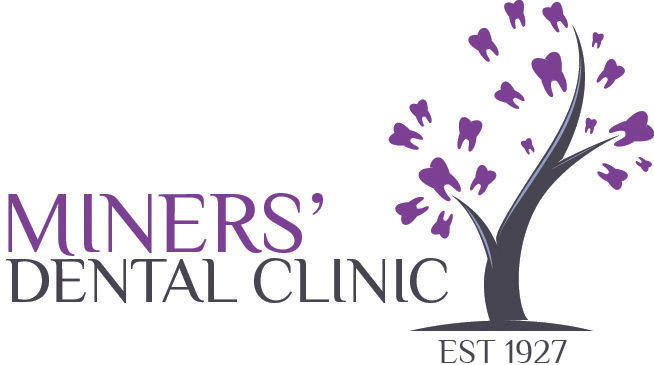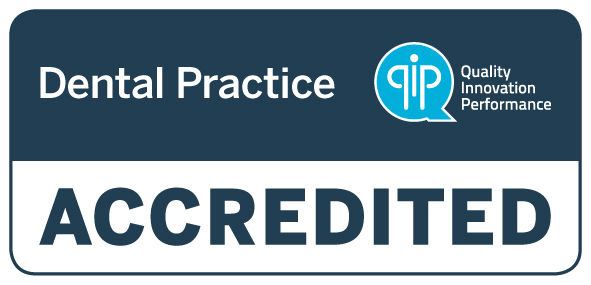Toothaches generally are excruciating. What is worse, they might happen often and suddenly. If they do at times, they might often be unbearable. Though such dental pain might seem sudden, the causes for the same are deep-rooted. If you wonder why they occur and want to prevent them in future, let us look at 8 common reasons for the same.
1. Tooth decay
Out of the many causes that cause toothache, the one which is perhaps the most common is those which are caused by tooth decay.
Tooth decay which is also referred to as a cavity can happen when bacteria damage the enamel which is hard and on the outer part of your teeth. It is essential to brush them regularly with fluoride toothpaste and meet up at least once per month for check-ups so you don't end up losing any.
Treating the problem
Once the tooth decay is detected, your dentist will clean your teeth to remove plaque. Apart from this, they may also fill any cavities found with materials like amalgam or ceramic material, so they stop being brittle and might be very painful.
To treat the problem, you might need some antibiotics for infections if none are already present in the mouth before treatment begins; this should clear up most issues.
2. Tooth abscess
Tooth abscesses are painful and can lead to severe complications. Tooth decay, if neglected, can lead to an abscessed tooth. The dead tissue of an abscessed tooth makes a pocket for bacteria and pus. It can be caused by infection or inflammation in your mouth, which will cause pain when you chew on that side of your face.
Treating the problem
Tooth abscesses can be treated with antibiotics, cleaning out the infection and treating your gums. It can bring permanent relief to the problem. If it is caused by gum disease, root canal therapy may be required to treat the pain effectively.
3. Tooth fracture
The symptoms of a fracture in your tooth or teeth can be subtle. It might be a minor crack or enamel splitting up which allows bacteria and food particles into your mouth. Because of this, it's vital to see your dentist as soon as you suspect one.
In turn, it can cause infection or irritation in the pulp inside nerve endings leading to pain (or other sensations). You may not even realize there was any damage done at all.
Treating the problem
The dentist may use dental glue or even a filling to treat the problem. If it is worse, the root canal treatment might be necessary.
4. Damaged filling
Your filling might get damaged even with a normal bite or when you chew. It can lead to cracking or chipping away of your tooth. It could also lead to pain if left untreated. You can also wear down the surface of your teeth until there is no longer any layer between them.
Treating the problem
The dentist can fix or replace a damaged filling. You may also need crowns on teeth if they have become too much to handle with regular decay-resistant options such as fillings. These are typically used in less severe cases that do not involve significant structural damage, making treatment challenging.
5. Gum infections
Disease of the gums might often cause toothaches and can even lead to tooth loss. It is more so in adults. It's also responsible for a lot more than just bad breath: the infection of the gums can cause bone and heart problems, difficulty sleeping (due to pain), decreased appetite, which could even result in anorexia.
Treating the problem
Treating the problem here is vital. The reason is that neglect can get worse. It is necessary to prevent dental surgery. Antibiotics are usually used to treat gum diseases. However, apart from this, the dentist will clean your teeth with a deep cleaning, which includes scaling.
6. Grinding or clenching of teeth
If you grind your teeth at night it can lead to tooth pain, erosion of the enamel and jaw damage. It happens generally when people sleep because they clench or grind their jaws during this time without realizing what's happening internally for them not to be awakened by it as well- which could cause someone else to trouble later on down the line if left untreated. Symptoms, in this case, can be cracks which are very small. It also contains teeth thinning or sensitive teeth.
Treating the problem
There are many ways to stop tooth pain, but if those don't work then talk with your dentist about whether they have any other ideas for you. Maybe there are stress relief techniques that can help? You might also consider getting counselling from mental health professionals so as not to have more issues when bedtime comes around.
7. Loose crown
Biting or grinding your teeth can damage a crown, leading to infection and pain. A loose tooth is even worse because it gives bacteria an easy way into the body through tiny spaces that are not visible with brushing alone. It is another common cause of toothache.
Treating the problem
A crown which might be damaged or has become loose might have to be replaced with a fresh crown. Your dentist may remove the old one and replace it if needed for some reason, such as a space where there was once something else inside of your mouth.
8. Eruption of a tooth
Growing new teeth can cause immense pain in one's gums, jaw. It can also be caused in the adjacent teeth. It includes teething babies or children getting their adult set of pearly whites while also being able to grow wisdom teeth at an early age which could lead them to have problems with chewing food properly if not treated accordingly by your dentist.
Treating the problem
Dental surgery is the best way to relieve pain from the tooth that has been affected. It might require extracting the affected teeth. It can also be treated if the dentist opens up the blockages in your mouth so that the discomfort won't be as bad anymore.
These are the 8 common reasons which cause toothache. We hope that the treatments suggested here will help you immediately relieve your toothache.


